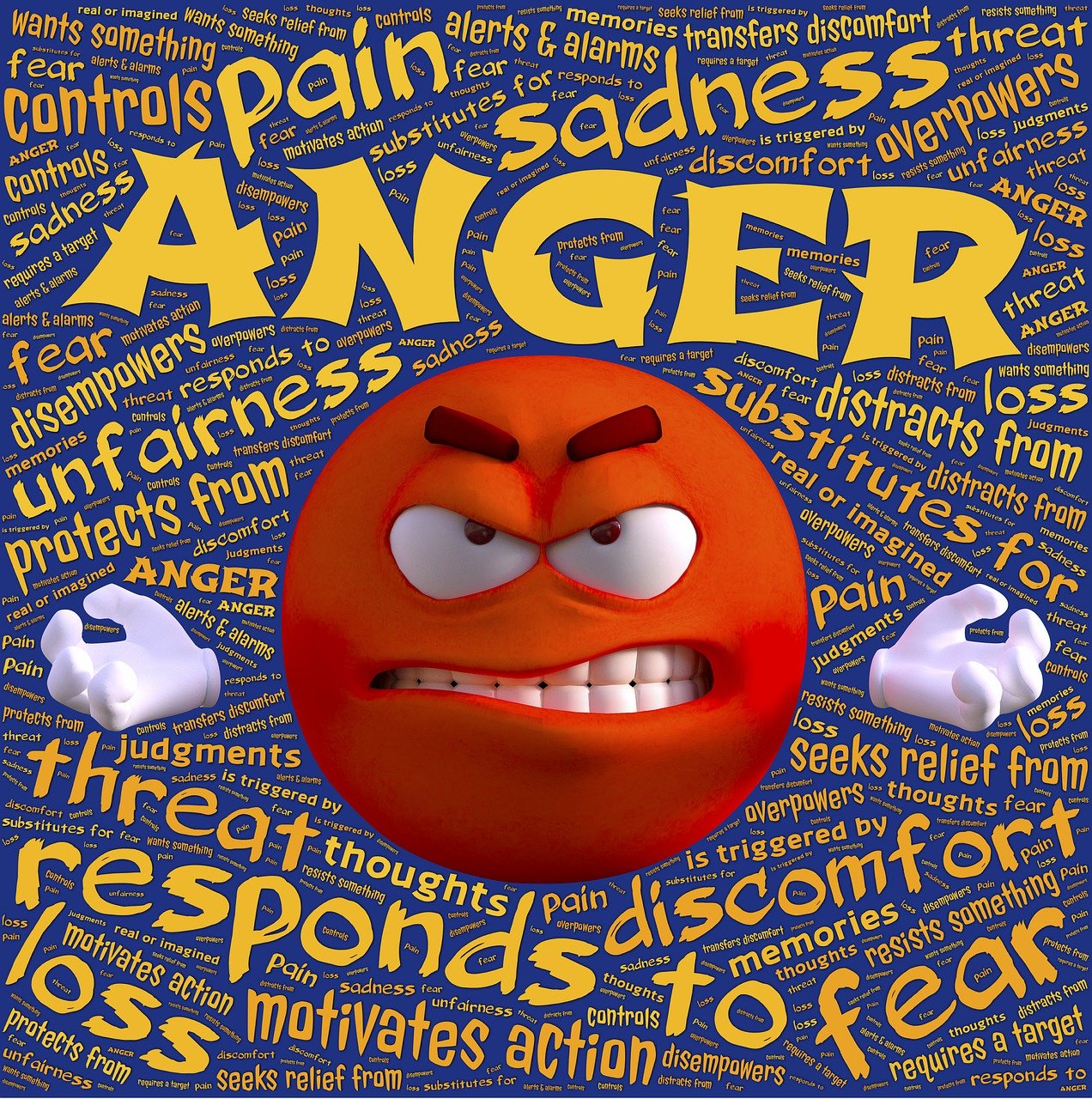Get Control over your impulses to live a more fulfilling life: They can wreck our lives and that of other peoples.
Good impulse control enables us to not get led into situations or habits which are against our own true best interests. To really develop to our full potential, we all need to gain effective control and stop being inconsiderate and thoughtless. I say this because emotions drive impulses, and the more emotional we become, the more the “thinking brain” shuts down.
Developing the ability to delay gratification and being able to control impulses gives a person the ability to avoid disastrous situations, enabling a person to mature and have a more productive and happier life. All kinds of shattering results have followed from actions undertaken because “it seemed like a good idea at the time…..”
There is often a little voice at the back of the mind that tries to tell you that maybe it isn’t a good idea to eat that extra piece of cake, or to have another alcoholic drink, to engage in a relationship when that person isn’t available as they are in a relationship with someone else, swear at the boss, whatever it maybe, but the emotional impulse swamps a person’s ability to think straight. This is why we are often told by others …“I told you so”… when the impulsive behaviour has led to trouble.
Every living thing has certain basic needs and we are all born with the resources to meet those needs – whether it be food, water, activity or rest. The top front part of the brain – the prefrontal lobe – is responsible for impulse control and the ability to foresee possible consequences of immediate actions, this area is slow to develop and often doesn’t develop fully until around the age of twenty – which partly explains impulses in our younger years, the prefrontal lobe also prevents chaos in a person’s actions and life.
An “emotion” is a communicative impulse (a signal for some kind of movement or action) sent out by amygdala (the emotional brain) in response to a particular situation. Emotions tend to become stronger as they are processed, creating an urge to take some form of movement or action about how to respond to our environment/situation.
So, for example in addictive behaviour, a strong pattern locks the emotional brain into expecting something good, that appears valuable and beneficial to the person – and this pushes the individual into action. Even when their thinking brain – if it could get a look in – would tell them to avoid that action.
So impulse control is really about self-control. If a person is always at the whim of an emotionally charged impulse that barges ahead without consulting the thinking brain (the neo-cortex), then they are like a ship in a storm without a captain to give orders or take control of the situation.
If we don’t use the “thinking brain” as a guide to our decision making processes then we are not utilising the resources given to us as a natural birth right. We are just not meant to be impulse driven creatures.
Therefore, allow hypnotherapy and counselling to assist you in:
- Developing the ability to delay gratification and avoid those disastrous outcomes;
- Maintaining a positive outlook and attitude;
- Achieving specific goals by overcoming those impulses; and
- That you are comfortable in your success.
For further information contact us on (03) 5223 2370 or via email

